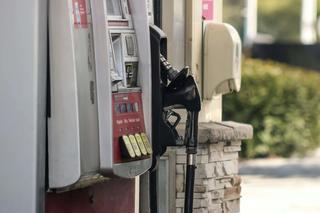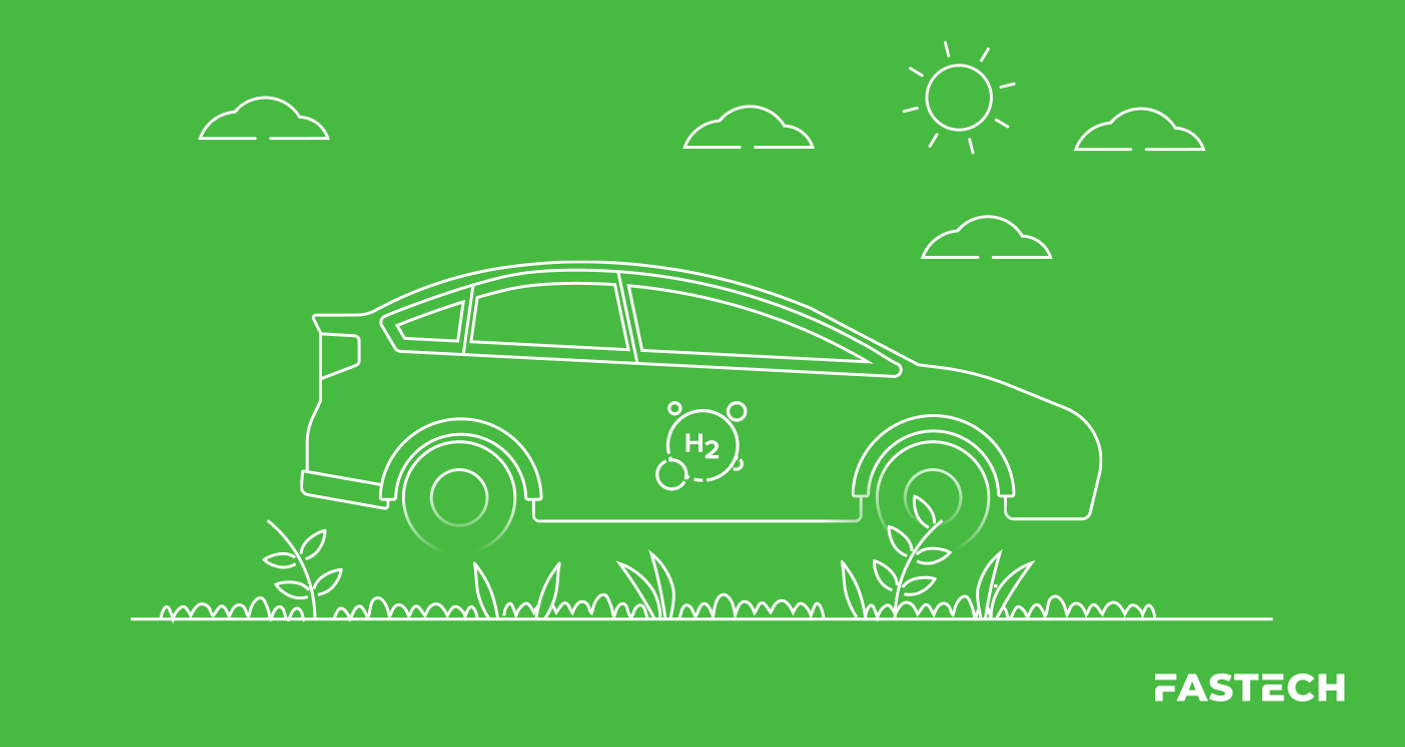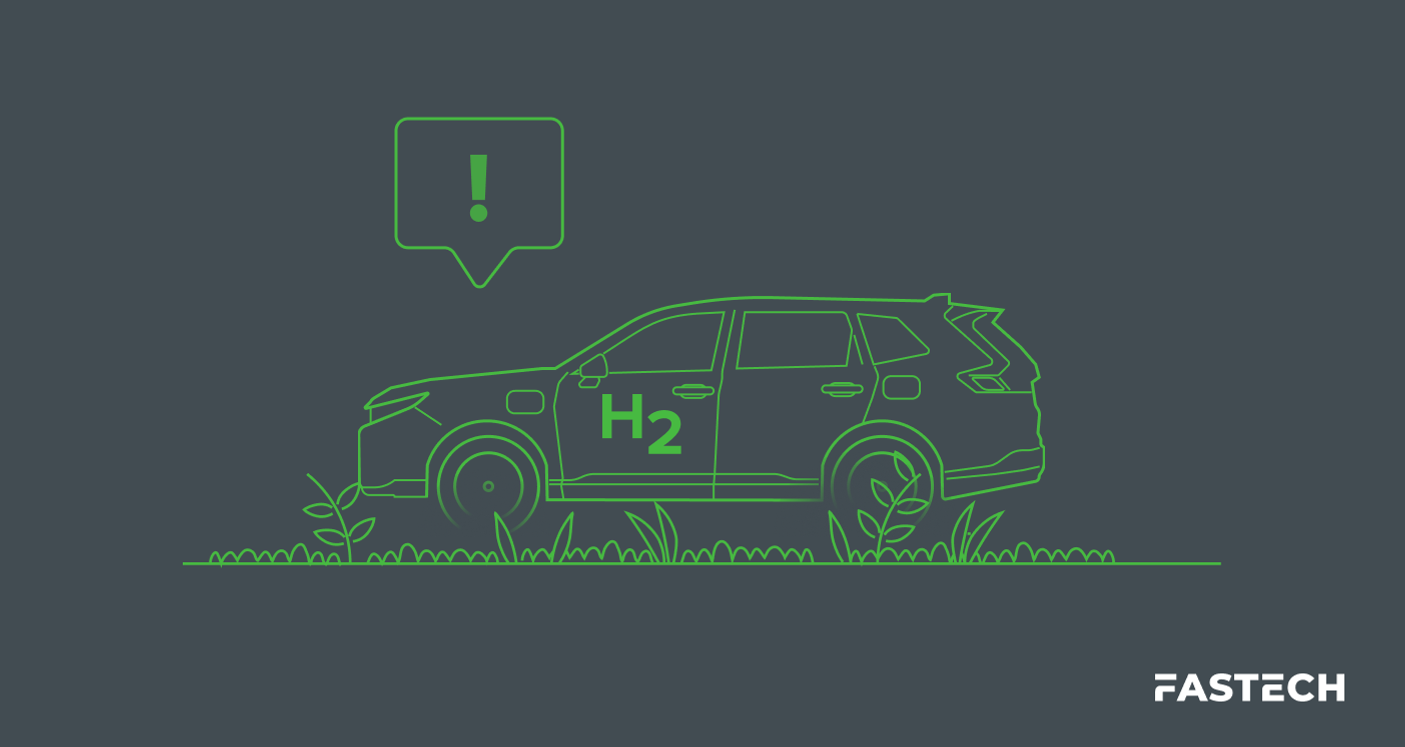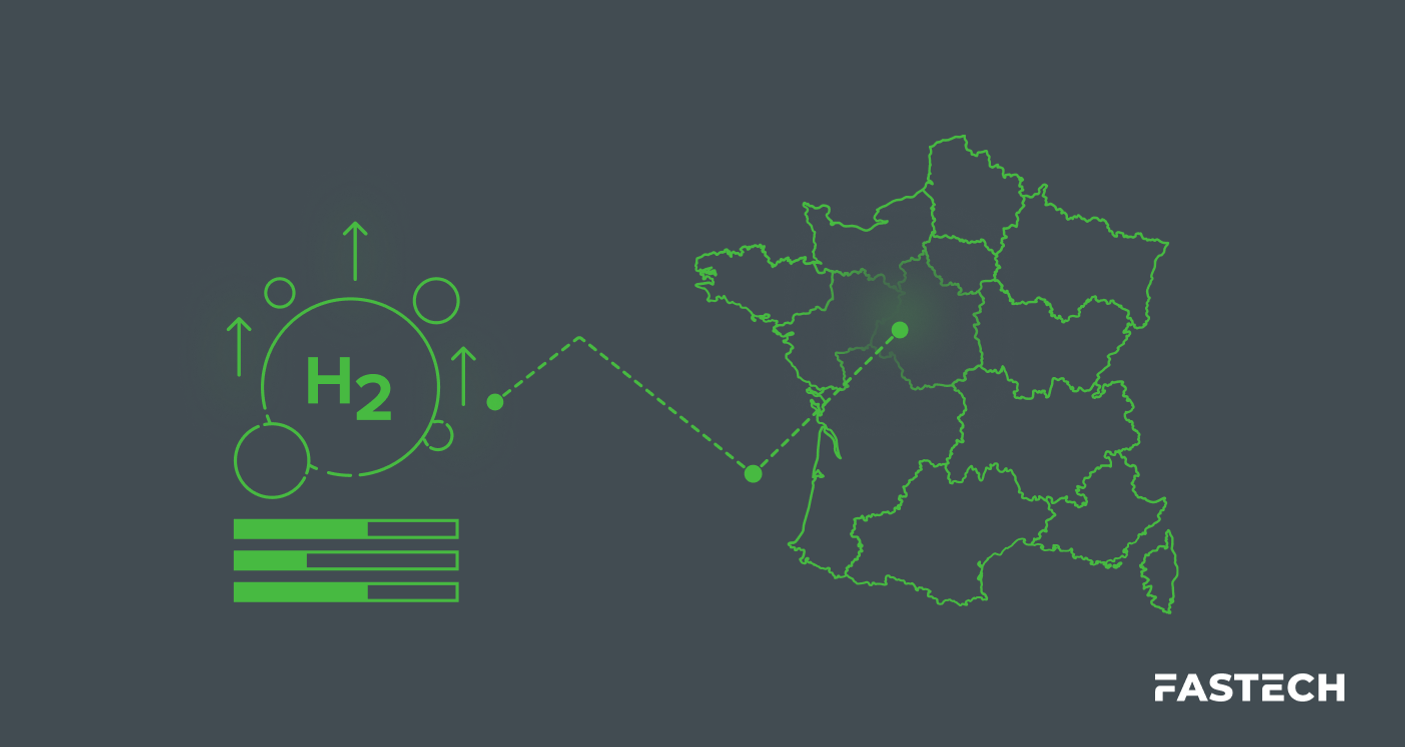How Service Station Maintenance Keeps Your Gas Station Pumping

In the world of fueling services, the stakes for maintaining an operational gas station have never been higher. Rising operational costs and the need for compliance with ever-evolving regulatory standards underscore the importance of a preventive maintenance regimen.
This is where the power of a meticulously crafted gas station maintenance checklist comes into play. Let's delve into tailored maintenance strategies to keep your station running efficiently and safely.
Learn more about our end-to-end conventional fueling services.
Core Maintenance Strategies for Lasting Service
A robust approach to service station maintenance is essential. By focusing on core maintenance strategies, we empower station operators to preemptively address potential issues and sustain operations at peak performance. Here's a closer look at the key practices that form the bedrock of gas station maintenance.
Clean Your Gas Pumps for Enhanced Longevity
Gas pumps are sensitive pieces of equipment that require specific, careful maintenance to maximize their life span. We recommend examining your gas pumps at least once a week to check for leaks on the pumps, filters, hoses, nozzles, joints, or fittings.
When cleaning the gas pumps, focus on low-impact cleaning to keep your pumps looking presentable. Use a degreaser and damp hand towels to minimize any unnecessary damage to your equipment.
Check Underground Storage Tanks
Leaks in underground storage tanks are a significant hazard in a fueling station. A gas leak can quickly rack up costs from lost gas and repairs or replacements to equipment the leak has damaged.
In addition, because gasoline is highly flammable, leaks can be hazardous to your employees and cause environmental issues.
To ensure your gas tanks are functioning correctly, check your overfill alarms periodically and ensure they are working correctly. An alert system enables you to quickly locate any gas leaks and address them immediately to prevent further damage or injury.
Read: The Importance of Compliance Testing For Your Gas Station
Power Wash Spills
Leaking gasoline and other automotive fluids can leave stubborn stains on concrete and asphalt. However, these stains can be easily removed with the right pressure washer equipment and technique.
Although removing these stains isn’t impossible, it can be a challenge. If you want to do it yourself, research the proper water temperature and cleaning products for your needs.
You can also hire a professional cleaning service to take care of spills for you.
At FASTECH, we offer spill containment services with our maintenance packages, giving you one less thing to cover on your gas station inspection checklist.
Check for Problem Areas
In addition to regularly scheduled maintenance, we recommend taking a proactive approach and checking your entire station for problem areas. These include:
- Performing weekly checks for operational anomalies in pumps and storage systems.
- Engaging in monthly inspections for less immediate but critical issues like microbial growth in fuel.
Gas Station Inspection Checklist
Now that we've covered some essential maintenance tips, let's delve into a comprehensive service station maintenance checklist to help you keep your fueling facility running smoothly and safely. This checklist provides a structured approach to ensure all critical aspects of your gas station are regularly inspected and maintained.
1. Fuel System Maintenance
Fuel Tank Inspection: Inspect fuel tanks regularly for leaks, corrosion, and any structural damage. Tighten loose fittings and replace any components that show signs of wear.
Fuel Line Cleaning: Clean fuel lines to remove sediment, debris, and water that can clog filters and damage fuel pumps.
Fuel Filters Replacement: To ensure clean fuel flow to engines, replace fuel filters according to the manufacturer's recommendations.
Fuel Pump Maintenance: Service fuel pumps to prevent premature failures and maintain optimal fuel delivery pressure.
2. Dispensing System Maintenance
Nozzle Calibration: Calibrate nozzles regularly to ensure accurate fuel delivery and customer billing.
Hose Inspection: Check hoses for cracks, leaks, and any damage that can compromise fuel delivery or safety.
Meter Inspection: Inspect and test meters to ensure they are providing accurate readings and billing customers correctly.
Card Readers Maintenance: Service card readers to handle transactions smoothly and prevent errors.
3. Electrical System Maintenance
Electrical Panel Inspection: Check electrical panels for any loose connections, corrosion, or overloads. Tighten connections and replace faulty components.
Wiring Inspection: Inspect wiring throughout the gas station for any damage or exposed wires. Repair or replace damaged wiring to prevent electrical hazards.
Grounding System Inspection: Ensure a proper grounding system is in place to protect against electrical surges and prevent static electricity buildup.
4. Safety Inspections
Fire Extinguisher Inspection: Install and inspect fire extinguishers regularly to ensure they are fully charged and ready for use in case of emergencies.
Spill Kit Maintenance: Maintain spill kits in good condition and ensure they contain the necessary materials to handle fuel spills quickly and effectively.
Emergency Shutoff Switches Inspection: Test emergency shutoff switches to ensure they are working properly and can be used to shut off fuel flow in an emergency.
Partner With FASTECH to Simplify Your Gas Station Maintenance Checklist
“Break-fix” solutions are slow, expensive, and often unreliable. Finding help when you need it often involves calling separate vendors, which can be time-consuming and cost you more down the road. That’s why regular maintenance and repairs are essential to operating a gas station safely.
FASTECH is the maintenance partner you need—we excel in all aspects of service station and energy infrastructure maintenance, from conventional gas stations to renewable energy.
Plus, we have decades of experience building and maintaining safe, efficient, and compliant gas stations and energy facilities.
To learn more about how we can help, contact us today.




